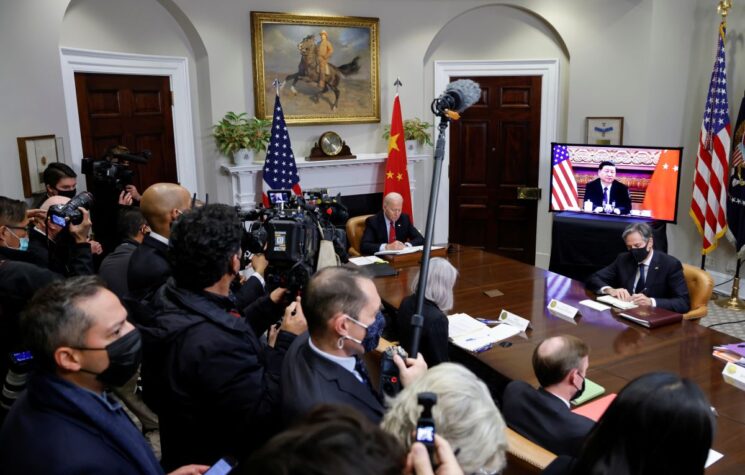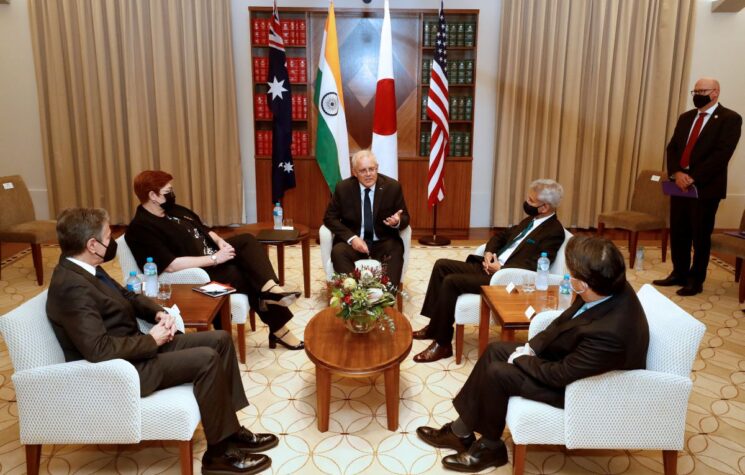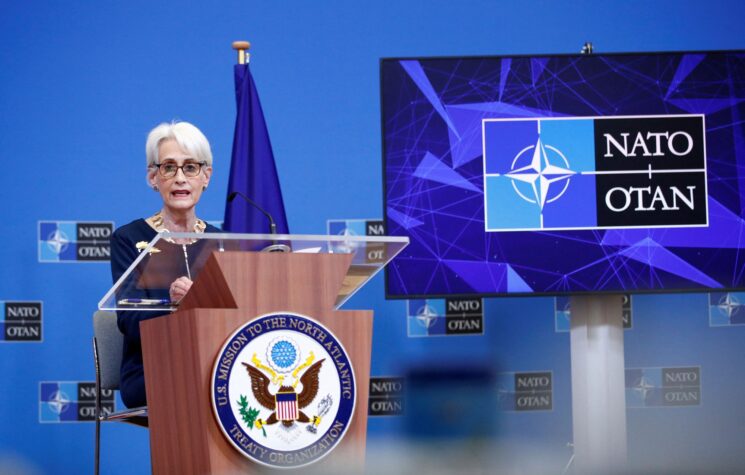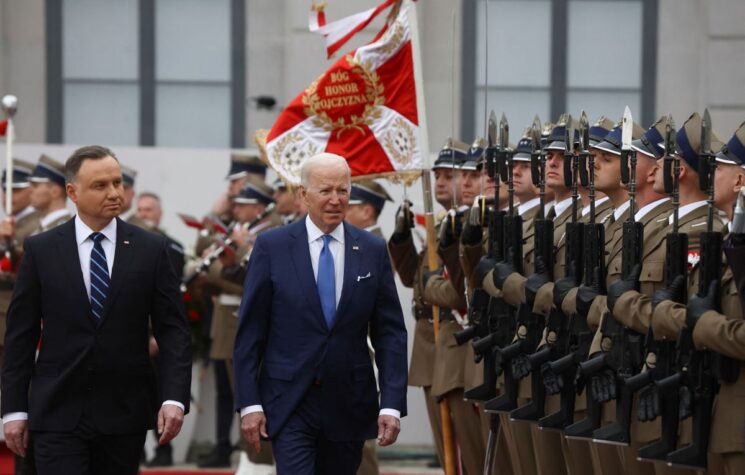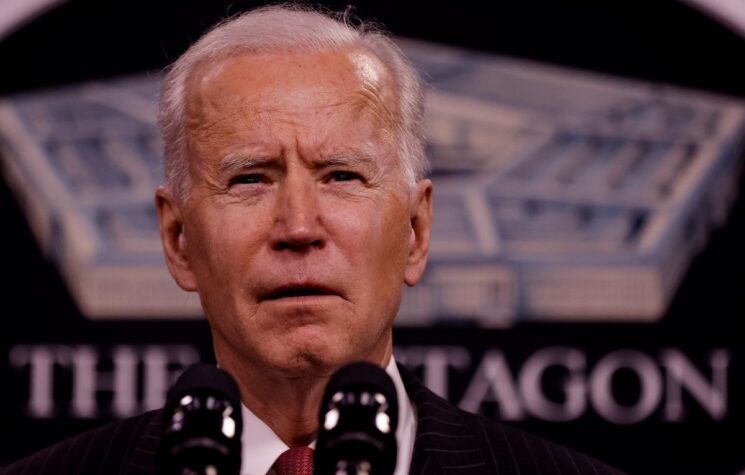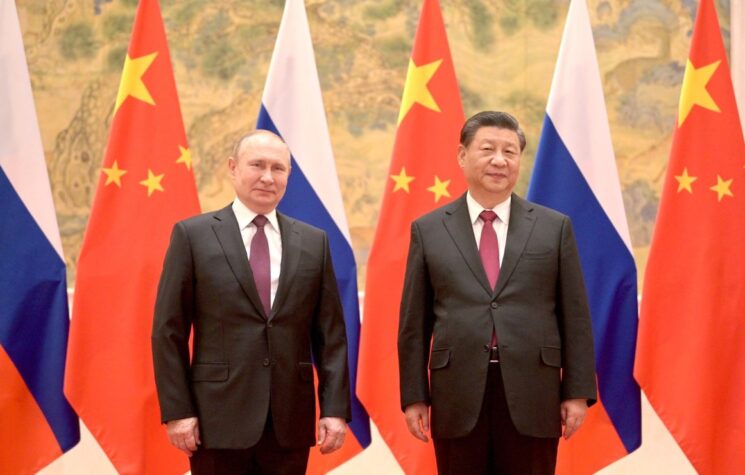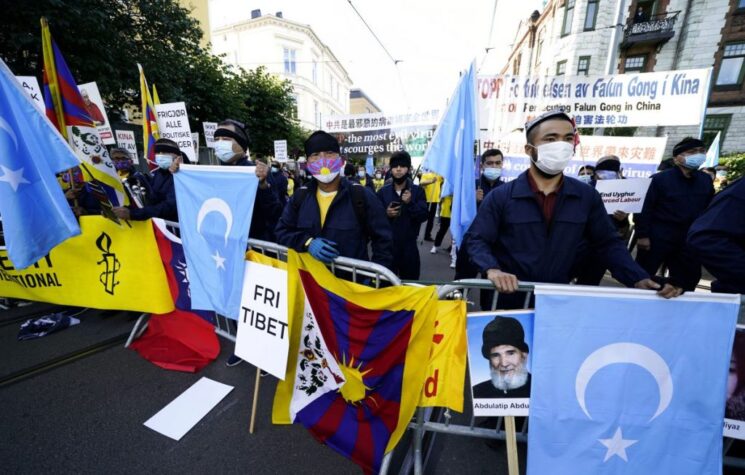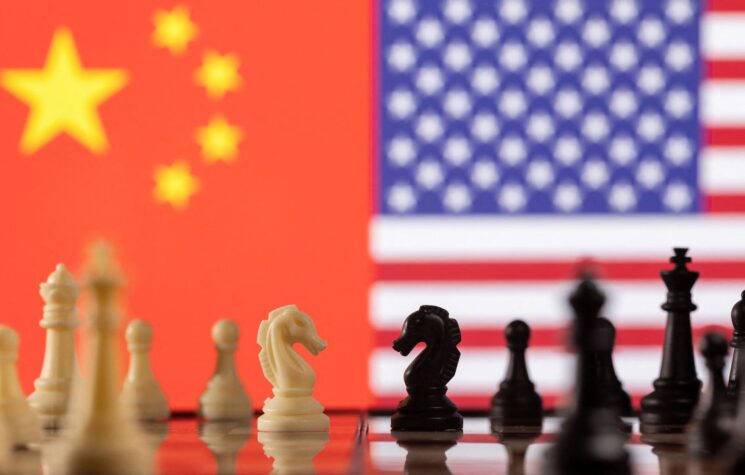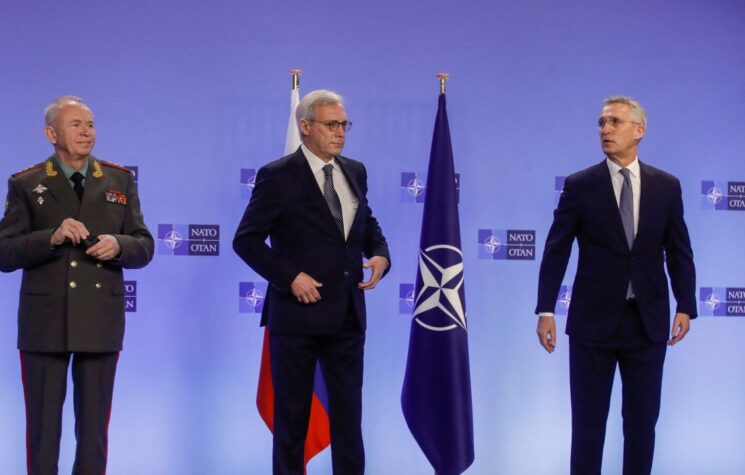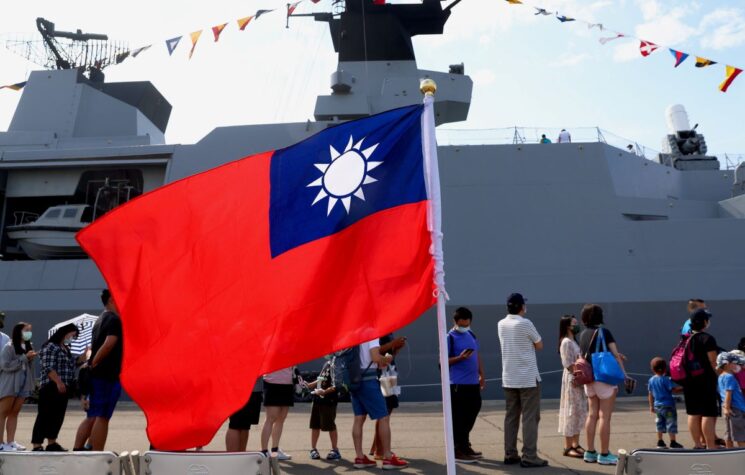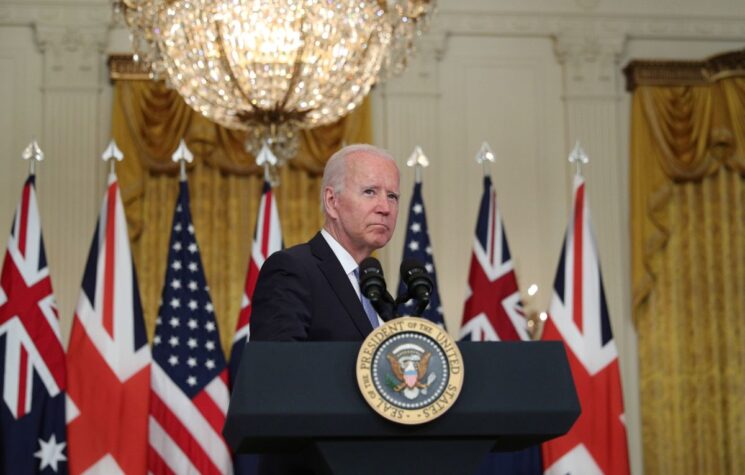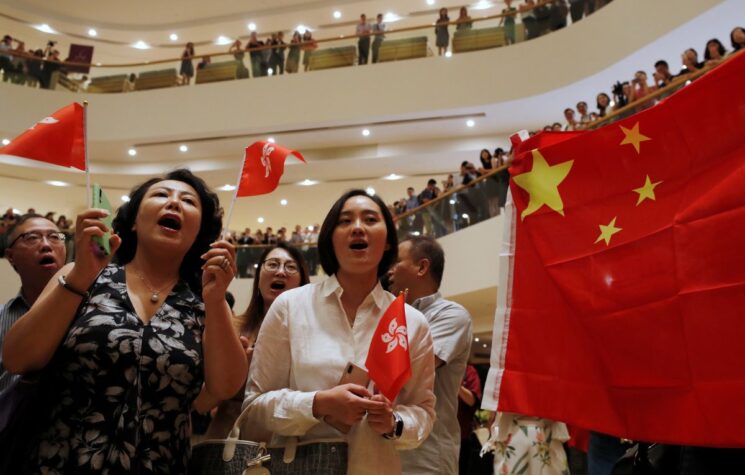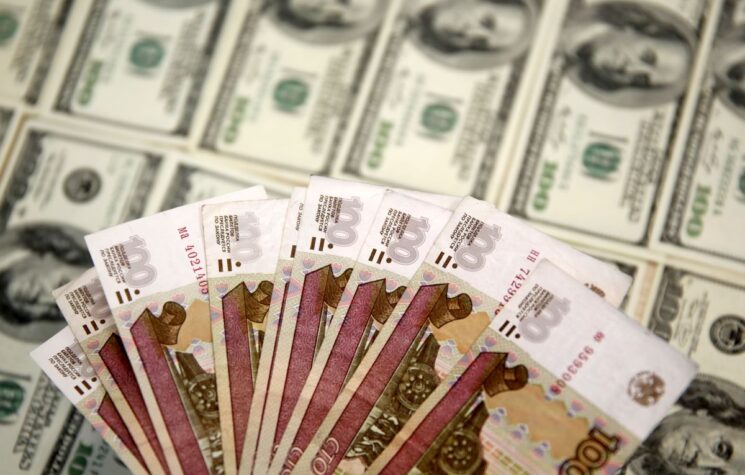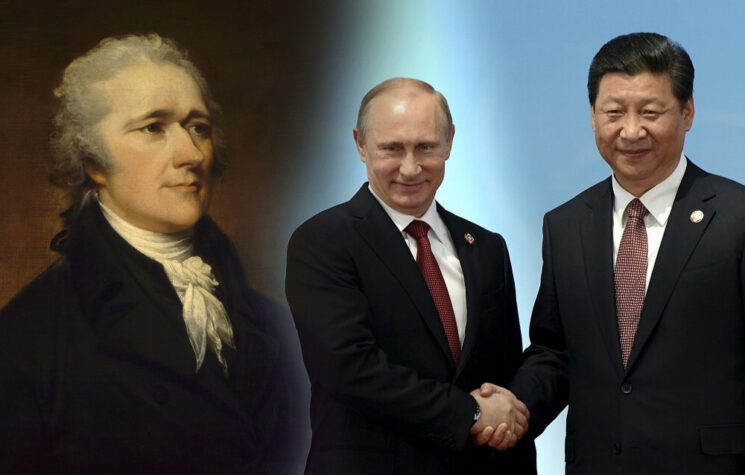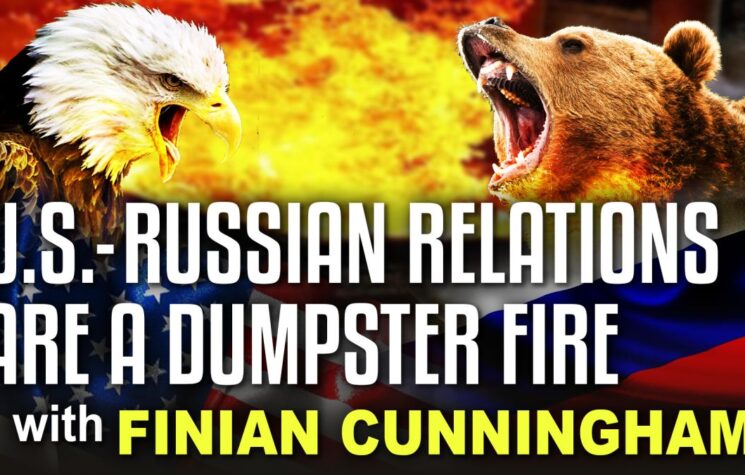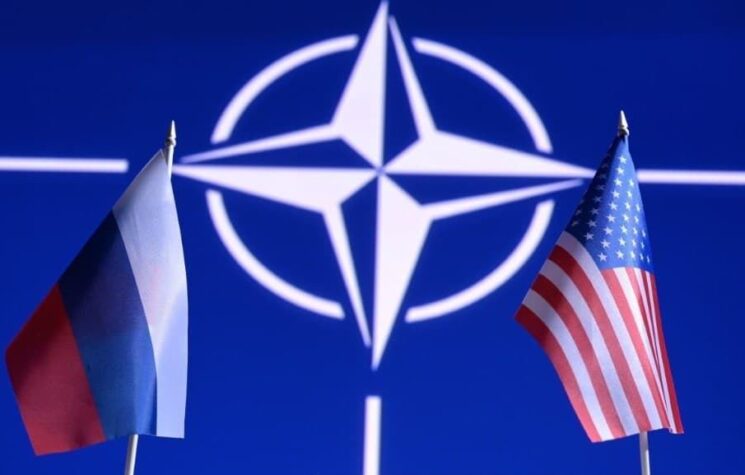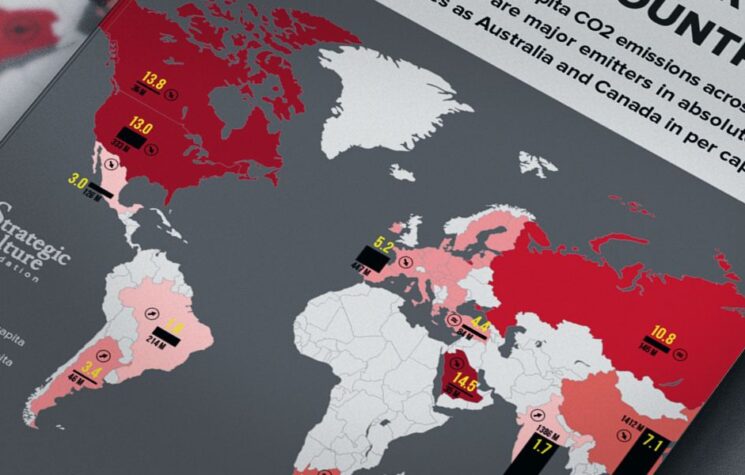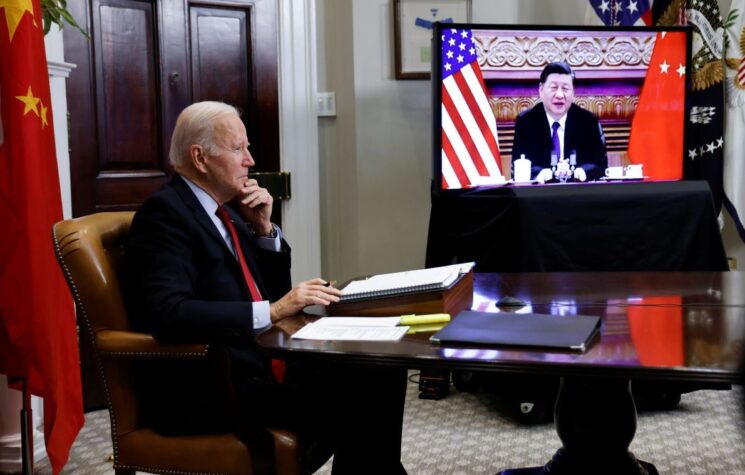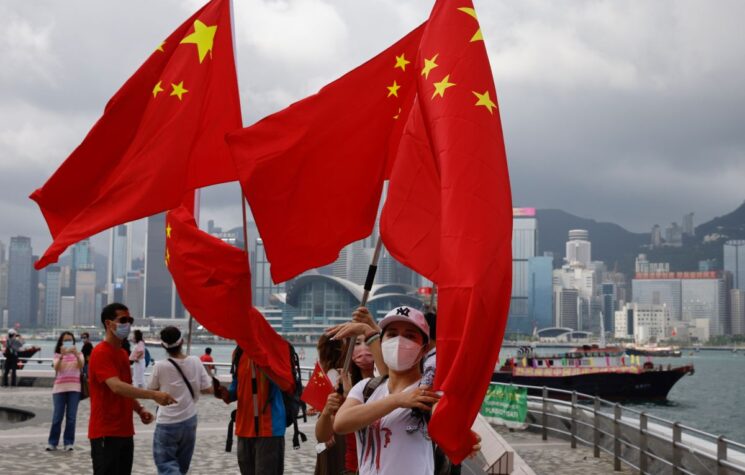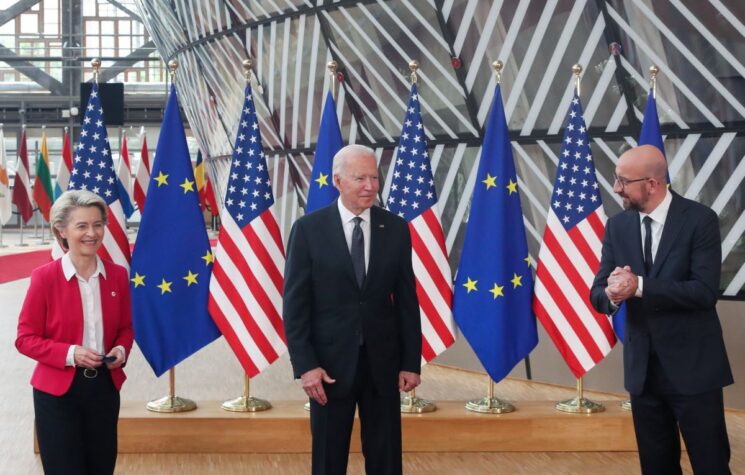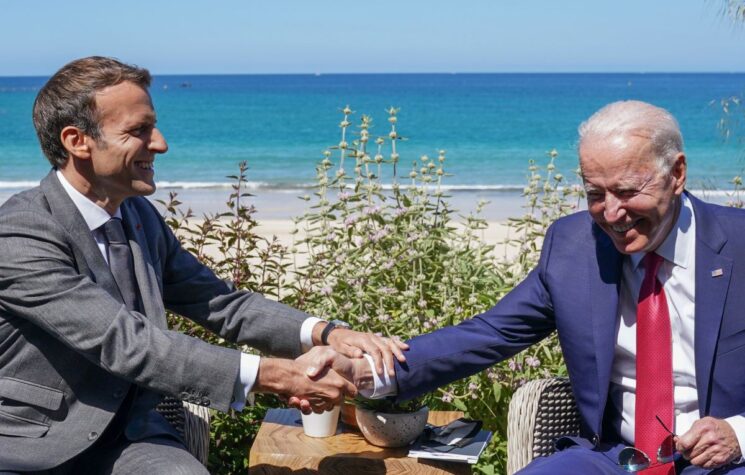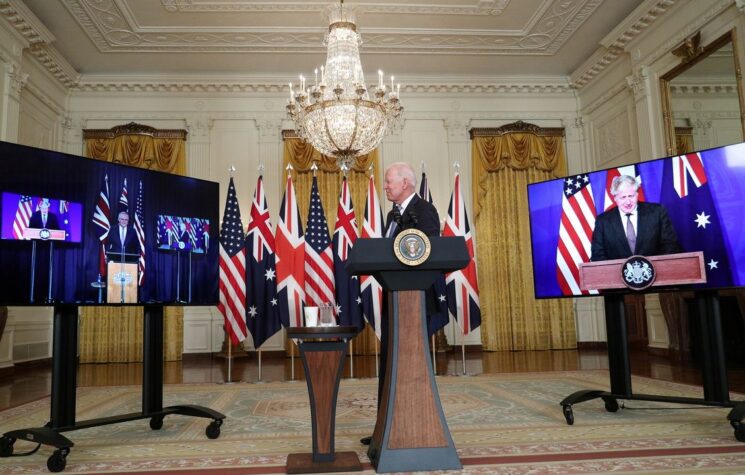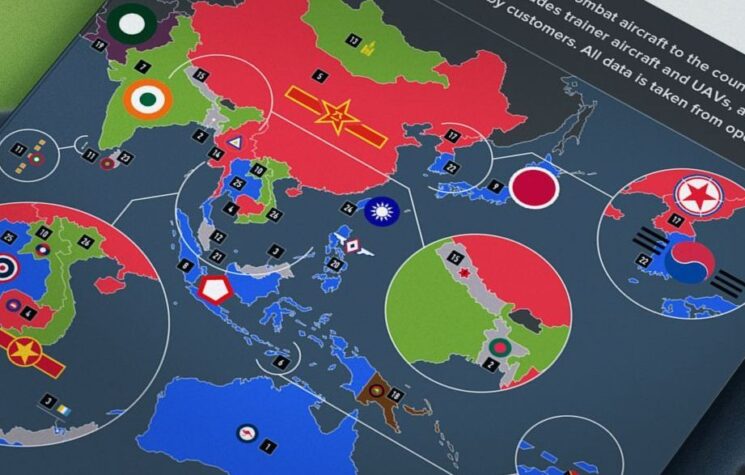How bitterly amusing that when Joe Biden was elected U.S. president he promised to bring allies together.
Due to Washington’s Cold-War-style confrontational policy towards China there is now an ever-growing rift with U.S. allies in the European Union and Asia-Pacific.
This was evident from G20 and ASEAN discussions this week where numerous countries expressed deep misgivings about Washington’s relentless push for divisive relations with China.
France’s Finance Minister Bruno Le Maire, while attending a G20 summit in Washington DC, told the New York Times of the stark difference emerging between the U.S. and the EU. “The United States wants to confront China. The European Union wants to engage China,” said Le Maire who added that the bloc needs to become more independent from American policy.
This call for European independence from Washington has been growing for some time. It reached more vocal levels during the presidency of Donald Trump owing to his hectoring style towards allies over NATO military spending and various alleged trade complaints. What has amplified these dissenting calls is the formation last month of the tripartite military pact between the U.S., Britain and Australia – known as AUKUS – which completely blindsided European allies. France was particularly aggrieved because it lost a submarine contract with Australia worth about €50 billion.
The new pact has been condemned by China as a provocative threat to security in the Asia-Pacific.
It’s not just about French national pride. The European Union counts China now as its biggest trading partner, having overtaken the United States. Germany’s export-led economy – the main driver of EU growth – is heavily dependent on China’s vast market.
It is becoming evident that Washington’s confrontational policy towards China – for example, the establishment of AUKUS – is detrimental to Europe’s strategic interests and trade with Asia. France takes over the rotating EU presidency soon and is showing that it will not indulge Washington’s divisive dynamic.
The same can be observed among Asian nations which are alarmed by Washington’s Cold War atavism.
Members of the Association of South East Asian Nations (ASEAN), including Indonesia, Singapore, Malaysia, Vietnam and others, have protested the way in which U.S. confrontational policy towards China is forcing them to choose sides between superpowers. The nations of Asia-Pacific have historic territorial disputes and other differences, but nevertheless there is a consensus that there must be cooperation and mutual development through dialogue and partnership.
It is notable how two of the three AUKUS members – the United States and Britain – are not geographically part of Asia-Pacific and yet these two powers have stoked much unrest since unveiling the military pact with Australia. Readers are recommended to check out this interview published by us on the subject this week with Professor Michael Brenner.
Singapore’s Foreign Minister Vivian Balakrishnan said last week that the Asian hemisphere wants peace and prosperity, and that nations do not want to be forced to take sides in any U.S.-China rivalry.
“We do not want to become an arena for proxy contests or even conflict,” he said.
Nations are well aware of the harmful impact of a previous Cold War. During the former Cold War between the United States and the Soviet Union the stand-off was distorting normal development as well as increasing the risk of nuclear war. It seems incredible that in this day and age, there is still the shadow of Cold War looming over nations.
The main culprit for this pernicious polarity is the United States. Washington claims that it is not seeking a Cold War with China, yet it routinely incites provocations towards Beijing and casts international relations in a zero-sum manner. Washington tells other nations, in effect, that you are either with us or against us. This divisive policy is of course an essential element of American hegemonic ambitions.
The United States talks piously about upholding a “rules-based global order”. That is simply a euphemism for Washington’s decreed order according to its self-interests. What Washington always seeks is dominance over others. This is an indispensable function of U.S. global power.
In other words, mutualism, multilateralism, cooperation and co-development are anathema to U.S. global power. Cold Wars and confrontation are the essence of world relations, according to American designs for dominance. Lamentably, that ultimately means that world peace and security are in contradiction to Washington’s aims. That’s quite a damning revelation.
One salutary effect, however, is the growing realization among nations, especially among supposed allies of the United States, that their own self-interests are being sacrificed to placate Washington’s diktat.
How bitterly amusing that when Joe Biden was elected U.S. president he promised to bring allies together. The world is ineluctably diverging from the United States no matter who sits in the White House. And that’s because the world is finding that American power is the fundamental, irreconcilable problem.









